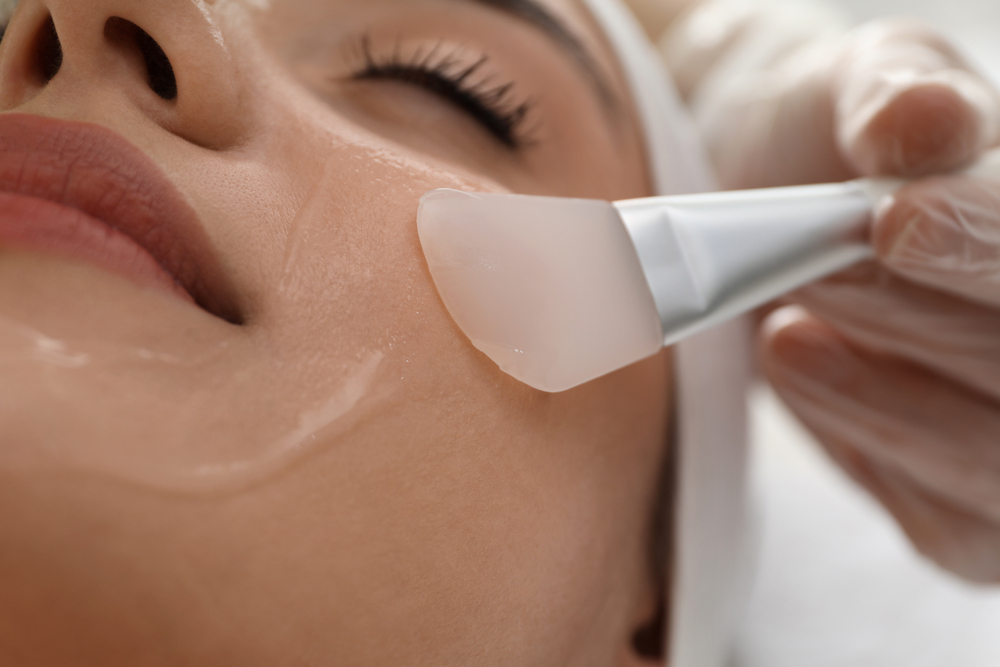
Are you struggling with dull skin, hyperpigmentation, or acne? If so, a chemical peel could be the perfect solution. Face skin problems can significantly impact your self-esteem more than skin issues in other body areas.
While no one has perfect skin, it may not be possible to conceal certain conditions with makeup. If you struggle with visible skin imperfections, a chemical peel can help transform your skin problem into a smoother and more consistent appearance, boosting your self-confidence.
What Is a Chemical Peel?
A chemical peel is a skin treatment meant to remove the top layers of skin with a chemical solution. When applied to the skin, the chemical solution exfoliates and peels off the skin’s top layer. That reveals the skin beneath, which is typically smoother and less wrinkled.
Chemical peels are popular among people looking to rejuvenate the skin on their faces, necks, and hands. They can help treat acne, uneven skin tone, fine lines and wrinkles, sun damage, and hyperpigmentation, among other things. There are several types of chemical peels, each using a different concentration of chemicals appropriate for different skin types and concerns.
Here is a guide to achieving smoother, younger-looking skin through a chemical peel:
Choose the Right Type of Chemical Peel
Each chemical peel uses a different concentration of chemicals and is appropriate for different skin types and concerns. It is best to pick the best type for your skin. Your dermatologist or skin care professional will recommend the appropriate one for your needs.
Prepare Your Skin
Your skin care professional may advise you to discontinue certain products and medications before treatment. These include retinoids and alpha hydroxy acids. Avoid sun exposure and tanning for several weeks before the peel.
Understand the Treatment
A dermatologist or licensed skin care professional is usually the one who performs this procedure. The outpatient procedure typically takes 30 minutes to an hour. The dermatologist applies the chemical solution to the skin during the procedure and leaves it on for a specific period before neutralizing and removing it.
Know What to Expect
The treated skin may be red and swollen after the procedure and peel or flake off over the next week or so. Your skin care professional will give you instructions on how to care for your skin. While it heals, it is best to avoid sun exposure and to use sunscreen and protective clothing. Your skin may be more sun sensitive for several months after the procedure.
Follow the Proper Skin Care Routine
Maintaining the treatment’s results and keeping your skin healthy are critical. That may include using a gentle cleanser, applying a moisturizer and sunscreen daily, and avoiding harsh skin care products and treatments.
A chemical peel is a skin-resurfacing procedure. It can aid in the reduction of wrinkles, hyperpigmentation, dullness, and scarring and may also help with skin conditions such as acne and rosacea. However, it cannot treat deep wrinkles or scarring. It will also not tighten loose skin or repair sun damage. Consult your healthcare provider to see if this treatment is proper for you.
For more, call Gupta Plastic Surgery at our San Diego or Encinitas, California office. Call (858) 408-6100 to schedule an appointment today.












